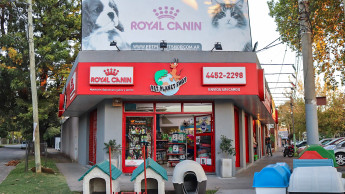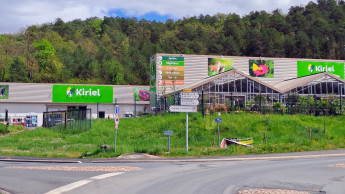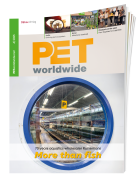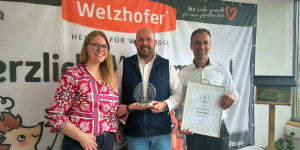The Austrian Animal Welfare Association (Österreichischer Tierschutzverein) is sounding the alarm: the number of insects in Austria has been declining rapidly for years. This has dramatic consequences: plants are pollinated less effectively, agriculture suffers and birds find less protein-rich food during the breeding season. Insects are irreplaceable: they pollinate plants, feed animals, improve soil quality and keep pests at bay. However, since the 1990s, over 75% of flying insect biomass has disappeared in Central Europe. This was confirmed by the Krefeld Study in 2017.
In Austria, many insects are now seriously endangered: according to the Federal Environment Agency (2023), over half of butterflies (52%), grasshoppers (57%) and dragonflies (67%) are on the Red List. Numerous wild bee and beetle species are also endangered, according to the Animal Welfare Association.
Professor Thomas Frank, head of the Institute of Zoology at the University of Natural Resources and Life Sciences, Vienna, warns: “Soil sealing fuels global warming and insect decline. Sealed soil offers no habitat for insects on the surface, and soil-dwelling animals die beneath the sealed surface. In addition, sealed soil heats up extremely and does not absorb rainwater. The water has to drain away above ground, which can lead to flooding.”
Everyone can help
The main causes are intensive agriculture, soil sealing, habitat loss and the consequences of climate change. The full extent of the misery is evident in the dramatic decline in hoverflies. These insects, which look like small, slender bees, are important pollinators and aphid hunters. “Of the more than 500 species of hoverflies in Europe, about a third are facing extinction,” says Kurt Kotrschal, biologist and scientist of the year 2010. “Compared to 1970, their abundance has declined by as much as 90 per cent.”
In Europe, the at least 100,000 species of insects are a central pillar of all ecosystems. The Austrian Animal Welfare Association is therefore calling for insect-friendly agriculture, less soil sealing and the protection of natural habitats. Professor Kotrschal emphasizes: “The loss of insects is increasingly threatening agricultural yields. It is high time to take renaturation and sustainable management seriously.”
Everyone can create refuges for insects with small measures in their garden, yard or on their balcony. Wildflowers instead of ornamental lawns, insect-friendly plants such as lavender, sage or cornflowers, shallow water sources help insects and birds in dry periods, no pesticides or peat-containing soil for the sake of nature, and reducing outdoor lights or shielding them with warm light.

 Menü
Menü

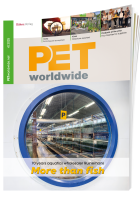



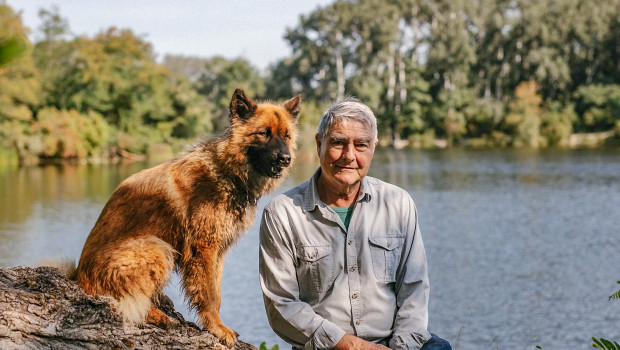
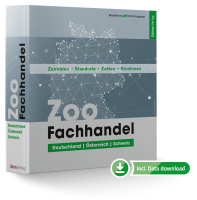
 Print - digital - online
Print - digital - online